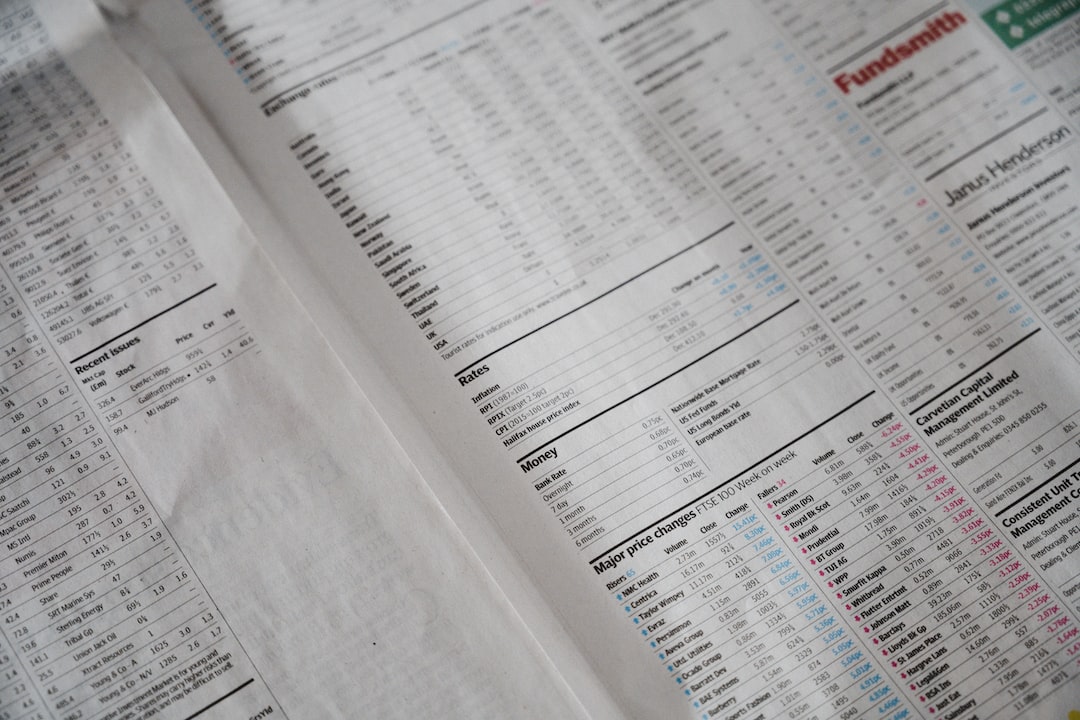Maximizing Your Credit Score: Dos and Don’ts
Your credit score plays a significant role in your financial life. From mortgage approvals to interest rates on loans, it impacts various aspects of your financial well-being. That’s why it is essential to understand how to maximize your credit score. In this blog post, we will discuss the dos and don’ts of improving your credit score.
Dos:
1. Pay your bills on time: Payment history is a crucial factor affecting your credit score. Make it a habit to pay your bills, including credit cards, loans, and utility bills, on time. Late payments can negatively impact your creditworthiness and lower your credit score. Set up reminders and automatic payments to ensure timely payments.
2. Keep credit card balances low: High credit card balances can harm your credit score. Aim to keep your credit utilization ratio below 30%. For example, if you have a credit limit of $10,000, try to keep your balance below $3,000. Keeping your balances low demonstrates responsible credit usage and reflects positively on your credit history.
3. Pay off debts strategically: Reducing overall debts contributes to an improved credit score. Prioritize paying off high-interest debts first, as they usually have a more significant impact on your overall financial health. Consolidating debts or creating a payment plan can help you tackle them effectively.
4. Regularly review your credit report: Maintaining and monitoring your credit report is essential for identifying errors or inconsistencies. Request a free copy of your credit report annually from major credit bureaus and carefully review it for any mistakes. If you find any discrepancies, promptly dispute them to ensure the accurate representation of your creditworthiness.
5. Diversify your credit portfolio: Lenders prefer borrowers with a mix of credit types, such as credit cards, loans, or mortgages. Having a diverse credit portfolio indicates responsible borrowing and repayment behavior. However, it is important not to open unnecessary credit accounts to avoid potential debt burdens.
Don’ts:
1. Apply for numerous credit accounts at once: When you apply for new credit, it often triggers a hard inquiry on your credit report, which can temporarily lower your credit score. Avoid applying for multiple credit cards or loans within a short period, as it can be interpreted as a sign of financial instability.
2. Close old credit card accounts: Closing old credit card accounts may seem like a good idea, but it can negatively impact your credit score. It reduces your overall credit limit, which subsequently increases your credit utilization ratio. Instead of closing accounts, consider keeping them open and using them occasionally to maintain an active credit history.
3. Ignore your credit utilization ratio: As mentioned earlier, your credit utilization ratio plays a significant role in determining your credit score. Ignoring it can harm your creditworthiness. Aim to keep your credit card balances low and manage your debts wisely.
4. Neglect paying off collection accounts: Outstanding collection accounts can severely damage your credit score. Even though paying them off won’t immediately remove them from your credit report, it shows lenders that you’re taking responsibility for your debts. Make payment arrangements and work towards resolving collection accounts as soon as possible.
5. Max out credit cards: Maxing out your credit cards not only increases your credit utilization ratio but also indicates potential financial strain. Try to keep your credit card balances well below their limits to demonstrate credit responsibly.
By following these dos and don’ts, you can work towards maximizing your credit score. Remember that building a solid credit history takes time and effort, but the benefits it brings in terms of lower interest rates and increased financial opportunities are worth it. Start implementing these strategies today, and watch your credit score improve over time.

